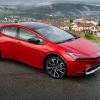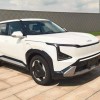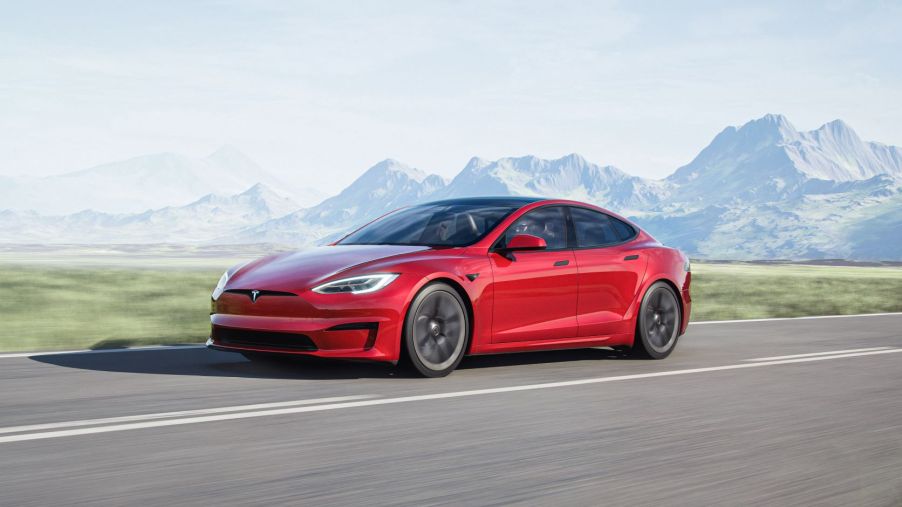
Are Electric Vehicles Good in the Snow?
Electric vehicles are growing more popular, and new automakers are announcing their full lineups all the time. Pretty soon, there will be no choice but to buy an EV. Some people might worry about how well no-gas machines operate in their unique cold winter climate. If you live in a frigid area, especially one with lots of snow, will an EV be OK? Are electric vehicles good in the snow?
Why electric vehicles are good in the snow
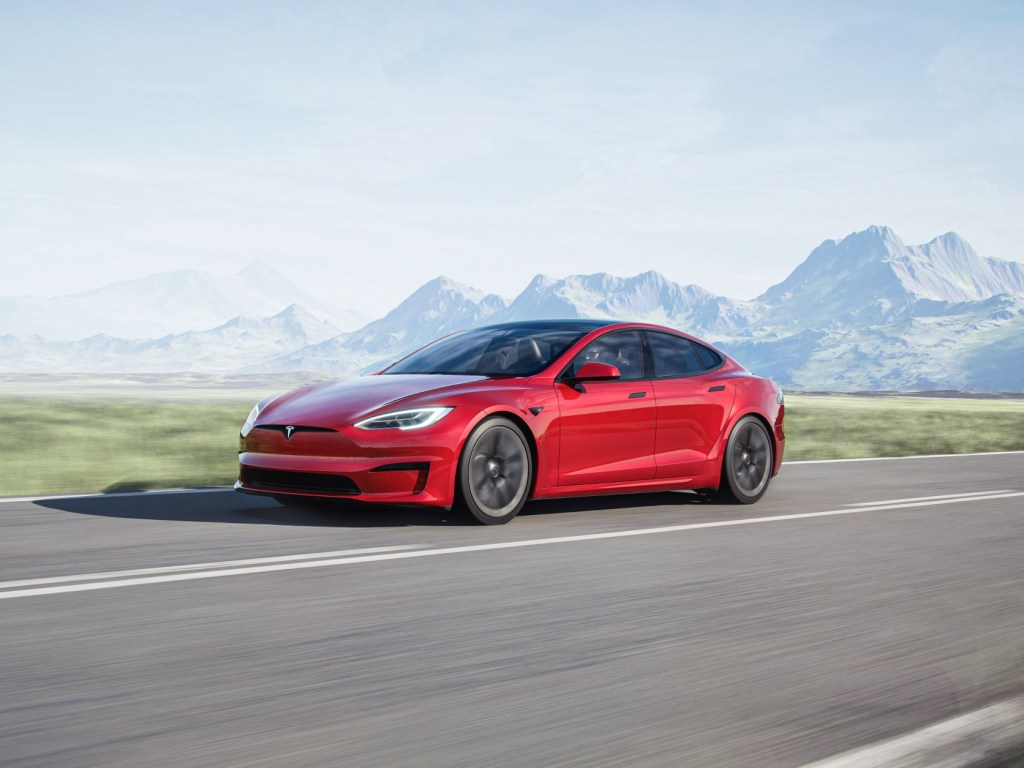
Firstly, many EVs have active thermal management, so they’re warmed up before driving. This makes it, so windows are defrosted ahead of time for visibility. The best part is it can do this while plugged in, so it doesn’t waste any of your precious battery life. Unlike gas-powered vehicles, there are no emissions wasted while the car heats up for a long time. Additionally, for some models, like ones from Tesla, owners can use many interior controls from your phone, so you can turn on the heat or whatever else you’d like ahead of time without going to the car.
Next, According to Car Leasing, the car can remain locked the entire time, and it doesn’t take any time for the engine to heat up. The heat won’t get warm for a few minutes in gas vehicles because the engine is so cool; however, that is not the case with electric vehicles.
Finally, EVs are gear-less, so it’s effortless to pull away slowly on snow or ice. Electric vehicles and hybrids also come with large batteries making them heavy, suitable for winter traction. Some hybrids even have conventional power to their front wheels and electric to the rear, making them excellent on slippery surfaces. That’s why electric vehicles are good in the snow.
Why electric vehicles are bad in the snow
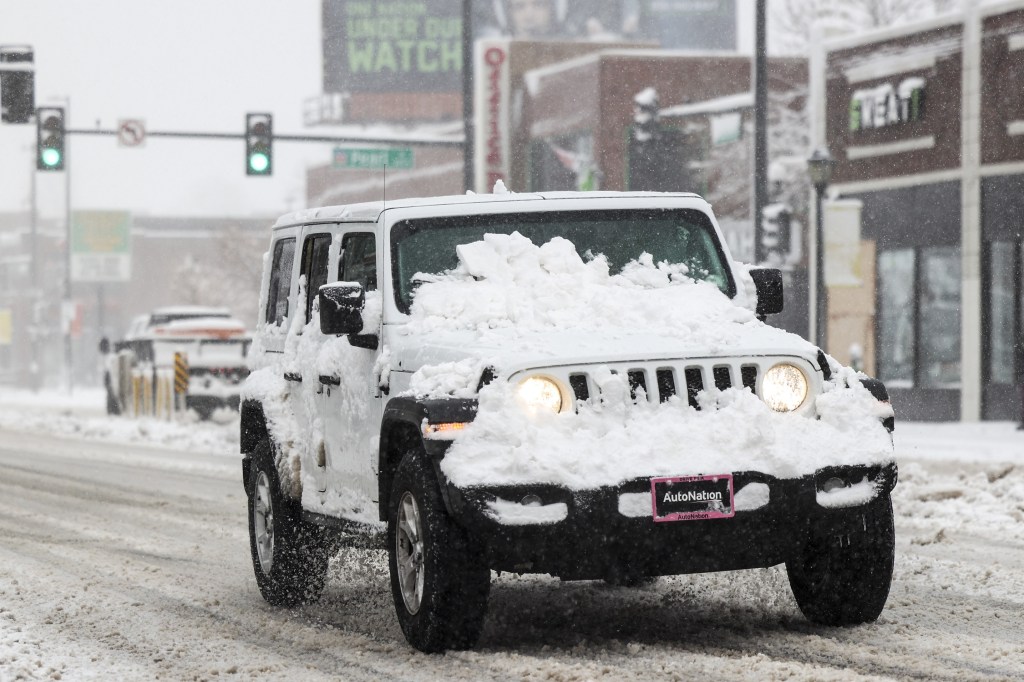
There are a few reasons why electric vehicles are not good in the snow. For instance, EVs typically have tires with low rolling resistance and higher pressures for lower energy consumption. This results in less traction than softer alternatives, which is terrible for harsh winter weather.
Next, does cold weather affect the range of an electric vehicle’s battery? According to Inside EVs, cold winter weather could reduce an EV’s range up to 20%. Additionally, features often used in cold weather, like heated seats, steering wheels, and cabin, could reduce the electric range. Hybrid vehicles likely won’t use their electric battery very much in the cold due to high energy demands. The downside is that your hybrid’s fuel economy might not benefit as much as in warm weather.
Can you use an electric vehicle if you live in cold winter weather?
The short answer is yes; electric vehicles are good in the snow. With the constant evolution of electric vehicles and the new introduction of different models into the market, they’re getting better all the time. If you live in an area that is consistently cold and snow-covered, you might benefit from using winter tires.
For EVs releasing in 2022 and later, cold weather will affect them less and less. With each passing year comes more improvements, and most electric vehicles are cold-weather tested before production.
